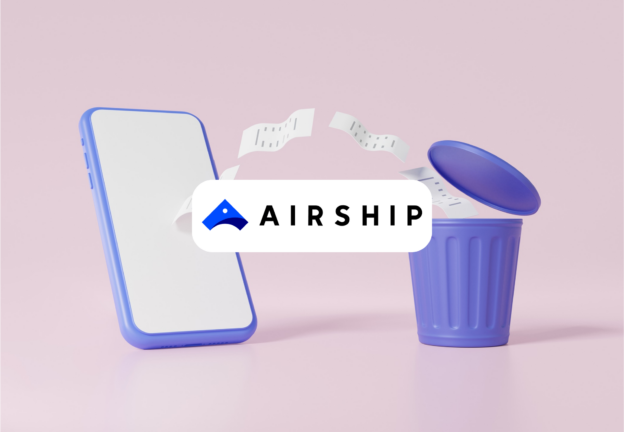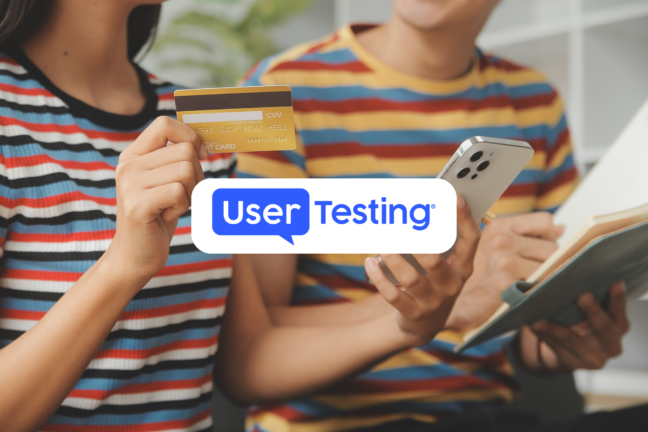Oracle has introduced a generative AI offering designed specifically for healthcare institutions. These services seamlessly integrate with Oracle's electronic health record (EHR) solutions.
The new offering - Oracle Clinical Digital Assistant - helps healthcare providers harness the capabilities of generative AI through voice commands, thereby minimizing manual tasks and allowing them to prioritize patient care. Moreover, it simplifies patient interactions by enabling them to perform self-service actions like booking appointments or accessing clinical information effortlessly through voice commands at their convenience.
"The EHR should be a provider's best ally in delivering engaging, personalized care to the patients they serve. By bringing comprehensive generative AI and voice-first capabilities to our EHR platforms, we are not only helping providers reduce mundane work that leads to burnout, but we are also empowering them to create better interactions with patients that establish trust, build loyalty, and deliver better outcomes," said Suhas Uliyar, senior vice president of product management, Oracle Health.

Streamlining administrative tasks
The Oracle Clinical Digital Assistant, powered by advanced AI technology, allows doctors to concentrate fully on their patients while streamlining administrative tasks. This digital assistant, which can interact through voice and screen interfaces, actively participates in appointments by automatically taking notes and suggesting appropriate next steps based on the patient's context, such as prescribing medication or scheduling lab tests and follow-up appointments.
The Oracle Clinical Digital Assistant is designed to respond to natural conversational voice commands from healthcare providers. For instance, they can ask questions like "retrieve the patient's most recent MRI results" to access specific parts of a patient's Electronic Health Record (EHR) during a medical appointment. The assistant then presents the information and images in a logical sequence, making it easier for the physician to quickly understand the patient's condition and determine the best course of treatment, all without the need for a complex, multi-step interaction with the EHR system.
This new solution is expected to become available within the next 12 months.
The Oracle Clinical Digital Assistant is based on the established Oracle Digital Assistant platform, which numerous organizations currently employ to carry out essential functions in various industries.
Simplifying the patient experience
The enhanced features within the Oracle Digital Assistant Platform assist patients in actively managing their healthcare. Patients can now perform self-service tasks, including booking appointments or making payments through voice commands. They can also obtain informative responses generated by AI when they have questions like "What occurs during a colonoscopy?" This gives patients greater control and access to healthcare information.
Healthcare providers can now use web chat within the secure patient portal to share useful information with patients, like reminding them to bring necessary lab results to their upcoming appointments. Through these interactions, providers can improve patient engagement and retention while preventing common problems, such as missed appointments, which can lead to revenue loss.
These features are currently accessible and in use.
In other news, Oracle has launched its EU Sovereign Cloud to help organizations in the European Union gain greater control over data privacy and sovereignty.









